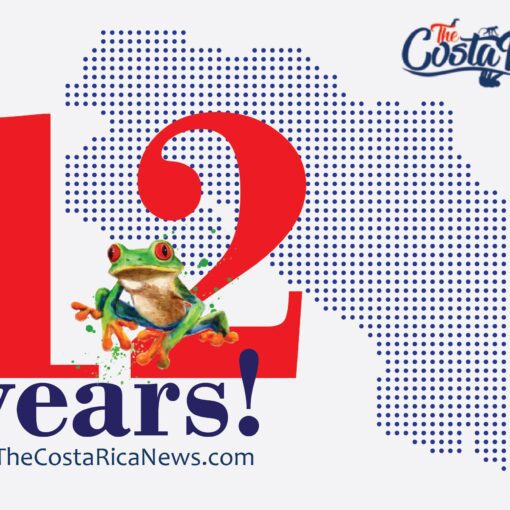Numerous US expats move to Costa Rica and enjoy its tropical weather and laid-back lifestyle, as well as its diverse biodiversity and beautiful beaches. This Latin American nation also renowned for its beauty is home to many US expats looking for new adventures.
Popular with retirees, students, and digital nomads alike, Mexico boasts an extensive expat community that makes settling easier. There are a few things to keep in mind before making this step towards living abroad.
Get Your Free Guide to Shipping to Costa Rica
Residency
Many people move to Costa Rica in search of simpler living, reduced living costs, and breathtaking natural landscapes. It is essential that anyone residing legally in Costa Rica obtain a residence permit – otherwise fines, deportation or bans on returning may apply.
Real estate investing is the quickest and easiest way to obtain residency. Qualifying for the “inversionista” category (with minimum investments of $150,000) allows spouses and children under 25 years old to qualify for this visa.
Researching and planning are integral parts of relocating successfully to Costa Rica. For assistance during this process, reach out to an immigration specialist.
Employment
Relocating to Costa Rica should be aware that finding employment may take some time, as employers usually prefer hiring local candidates over expats. Expats must demonstrate they are more qualified than local candidates.
Work contracts should adhere closely to the regulations established by the Ministry of Labor and Social Security. Contracts should include details regarding an employee’s job duties, salary and benefits as well as any probation period that they are entitled to receive.
Employers must offer their employees vacation and national holidays, sick leave, overtime pay, Christmas bonuses and severance pay as part of the minimum employment requirements set out by law. Furthermore, employers are expected to contribute towards the Social Security system.
Get Your Free Guide to Shipping to Costa Rica
Education
Costa Rica requires that children up to the age of 15 attend compulsory education free of charge; after this point, parents have the choice whether or not their child continues on to college studies.
Costa Rica schools usually conduct classes in Spanish, so students must become fluent. Families may opt for international schools with English instruction but tuition costs more.
Finding your feet in Costa Rica’s education system may be challenging for expats moving here, but companies such as Costa Rica Immigration Experts provide invaluable guidance and resources that help aspiring expats settle in quickly while accessing quality education. They specialize in visa and residency assistance so individuals can quickly gain entry to quality schools here.
Health Care
Health care should be an essential consideration when moving to Costa Rica as an expat. Permanent residents can enroll in the local public healthcare system known as Caja Costarricense de Seguro Social (Caja).
Caja offers comprehensive medical coverage to its members; however, some expats opt to purchase additional protection through private policies for additional peace of mind.
Costa Rica has made remarkable advances in public-health outcomes. For instance, Salas recalls his rural village receiving running water and an outhouse campaign providing families with concrete outhouses – thanks to EBAIS teams (Equipo Basico de Atencion Integral en Salud). These services function similarly to health insurance networks.
Taxes
If you own property in Costa Rica, property tax must be assessed based on its municipal-assessed value and periodically revised.
Tax laws vary by nation and include general guidelines, definitions, and procedural regulations pertaining to national and municipal taxes, value added tax (VAT), social security charges and any additional applicable charges.
Individuals must file annual income tax returns regardless of where they live, while companies generating Costa Rica-sourced income must pay a 30% rate on any earnings made there. There are deductions available to reduce tax burden. A qualified US tax specialist can assist in understanding Costa Rica’s complex tax laws.
Security
Costa Rica is generally safe with a lower crime rate than its neighbors; however, expats need to be aware of security issues when traveling or living there. They should take appropriate precautions when visiting or living there.
Keep valuables out of sight when parking. Petty thieves target rental cars that contain suitcases and electronics; to reduce risk it is wise to use a laptop bag equipped with padding compartments and theft deterrence features such as backpacks.
Individuals planning on moving to Costa Rica should seek assistance from an experienced immigration attorney and real estate agent when navigating their new surroundings. By employing these resources, relocation processes will run more smoothly and successfully transitioning into pura vida lifestyle can be accomplished.
Source link
admin



